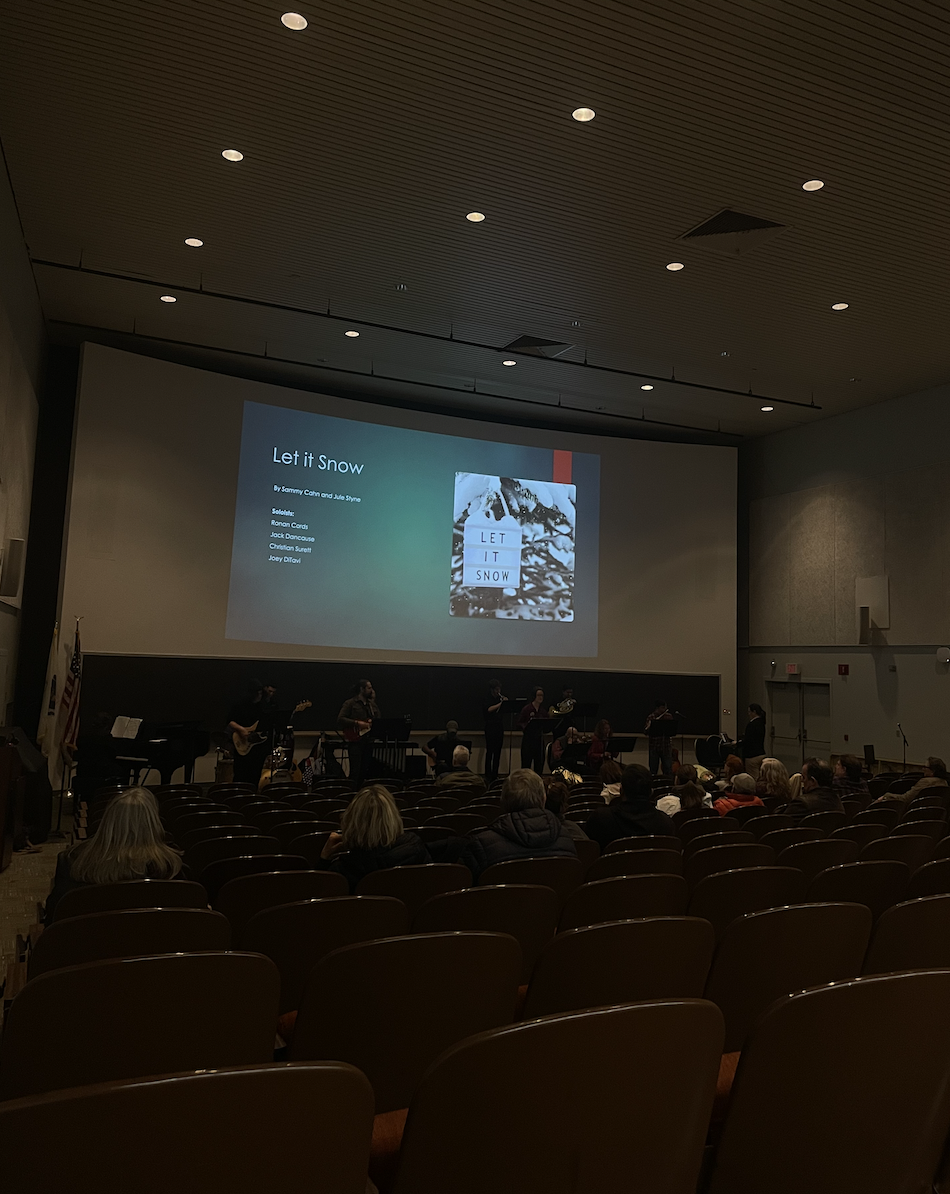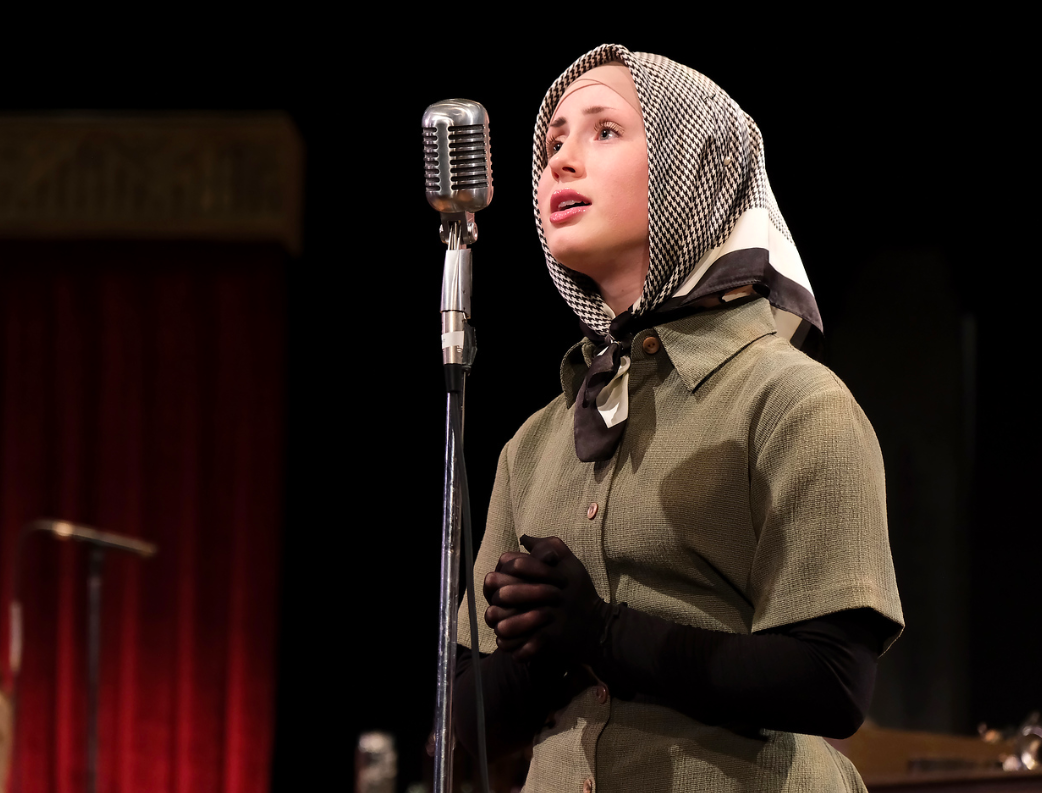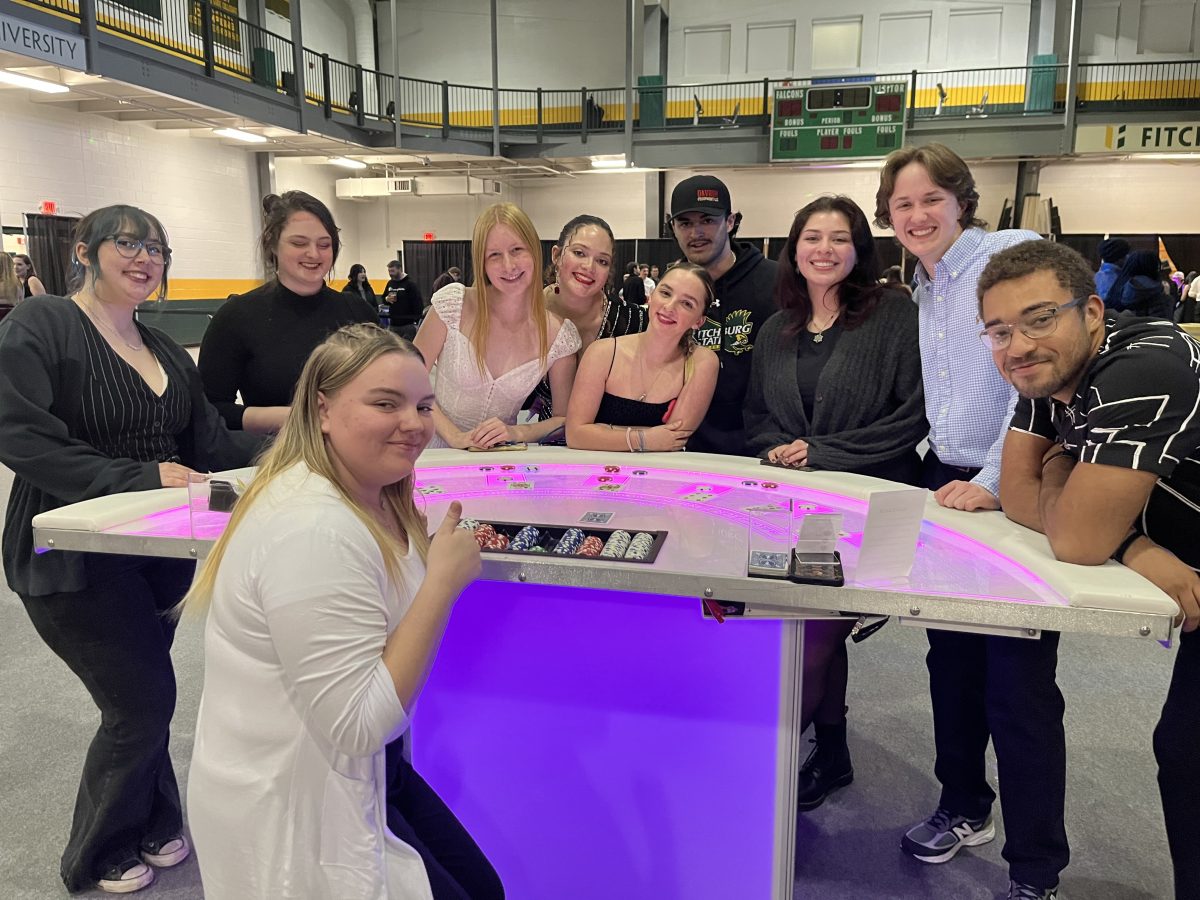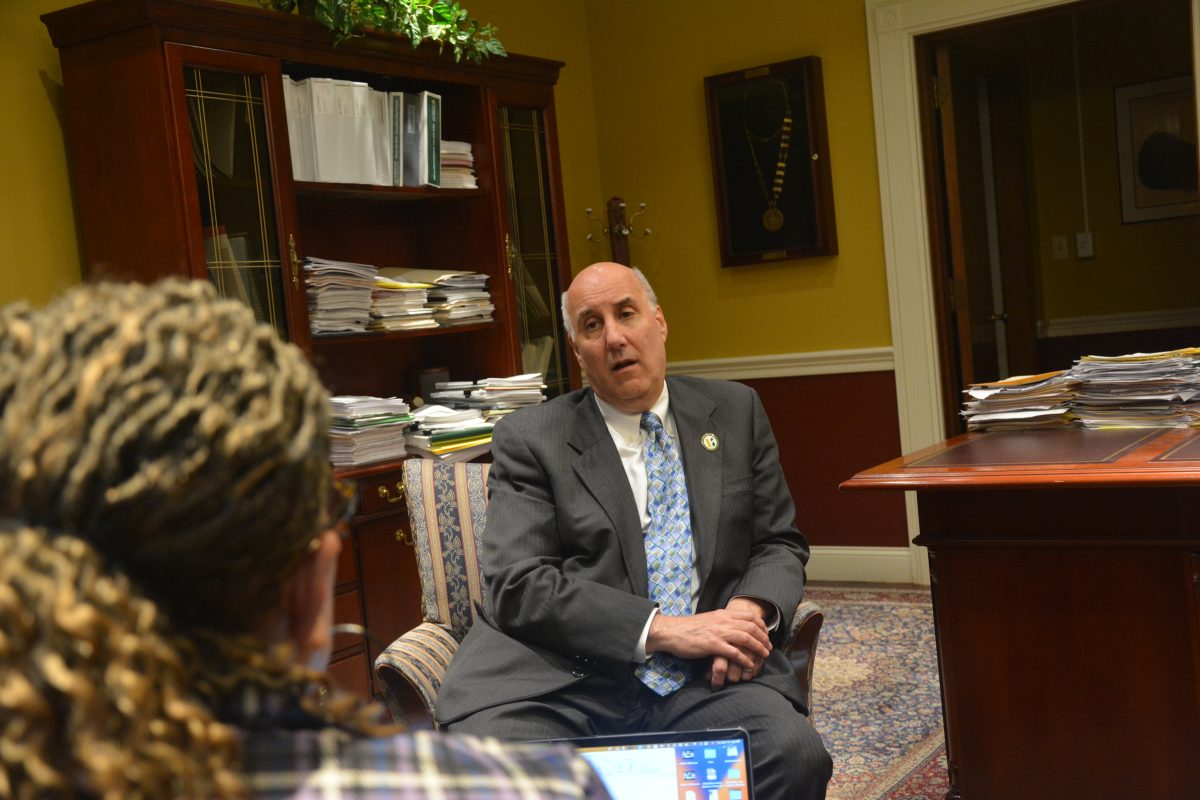
By Katherine Domenichella
On January 17, eight-year-old Jacqueline Rogers’ second open heart surgery for her Congenital Heart Disease was put on hold when Boston Children’s Hospital called to say there was an absence of type O negative blood.
This phone call came moments before the Rogers’ family were about to leave their hotel room to head to Boston Children’s Hospital. It is said in the interview conducted by Lauren Leamanczyk of WBZ-TV that there had been a few emergencies in the hospital the night before the scheduled operation, causing their type O negative blood supply to deplete. Children’s Hospital felt it was best to postpone the procedure instead of risking Jacqueline’s life if the need for a blood transfusion arose. In a statement that was released to the press, Boston Children’s Hospital said, “Boston Children’s Hospital is experiencing a shortage of O negative blood and is in the process of replenishing its supply. The hospital has taken precautionary measures to ensure the care and safety of our patients.”
In her interview with Leamanczyk, little Jacqueline said, “I was scared because I thought they were not going to do it – ever.”
Her parents expressed their concern in the shortage of type O negative blood but knew it was not the fault of the hospital for their lack of blood. They knew it relied heavily on the donations of kind hearted people who would give their blood selflessly to a great cause.
Type O negative blood (red cells) can be transfused to patients of all blood types- it is the blood type that is always in great demand but there never seems to be enough of it. Any donated red blood must be used within 42 days of collection. It is said that every two seconds someone in the U.S. needs blood and just a single donation can save the lives of at least three people. More than 41,000 blood donations are needed every day for cancer patients, accident victims, and others requiring a transfusion. It is important to remember that blood cannot be manufactured; only donated. Type O negative blood is often used to assist newborns before their blood type is known. Only seven percent of people in the United States have O negative blood but they are universal donors meaning their blood can be given to those with O, A, B, or AB blood types. All blood is tested for diseases such as HIV, hepatitis B and C, and syphilis before transport to the 2,700 hospitals the Red Cross supplies (American Red Cross).
In speaking with Fitchburg State University student, Alexandra Hughes, she stated, “I think it’s really important [to donate blood] because a lot of people think that it doesn’t matter if they don’t donate because they assume that others will. They don’t think their one donation will change anything. Some don’t even bother to find out their blood type when they could have a rare blood type and in turn, save a lot of lives.” Another question was probed from Hughes, “Have you donated blood before?” “No, but I want to. Every time I see a blood drive I really want to donate but I can’t without knowing my blood type.” There was sadness in her eyes as she looked down at her hands. She looked up with a smile, “After hearing this story, I plan on calling my doctor when I go home this weekend to ask what blood type I am. Hopefully after speaking with her, I can finally give blood and feel like I am making a difference in the lives of others.”
When word got out that an eight year old aspiring dancer needed type O negative blood, hundreds flocked from all over Massachusetts to donate their blood. The American Red Cross collected 700 units of blood for all blood types at their drive on Sunday, January 19. Out of one of the many who donated, Jacob Nazarian III from the Buzzards Bay area, said to Janet Wu of 7News, “The little girl caught me. She needed O-negative and I have O-negative, so I decided to take a trip down and see if I could help her. To do a favor for somebody means an awful lot to me and it should mean an awful lot to other people too.”
Rogers had surgery on Wednesday, January 22, and although the recovery process will be long and require constant care and attention, her doctor says that she is expected to do well in the future.
To think that all it took was an hour of a donor’s day, giving this little girl and hundreds more a second chance to live countless more days. If you want to donate blood, you can go to any of the drives that the University holds. All you need to bring is an ID or your donor card, a list of medications that you may be on (including over the counter medications such as Tylenol), and wear clothes that make it easy to access your arm. The process takes a little over an hour, but the actual blood part takes less than 10 minutes. Some things to remember are to eat a healthy meal prior, to be hydrated, and of course, to relax! Know that you are potentially saving lives, and helping fight a huge deficit of needed blood.






